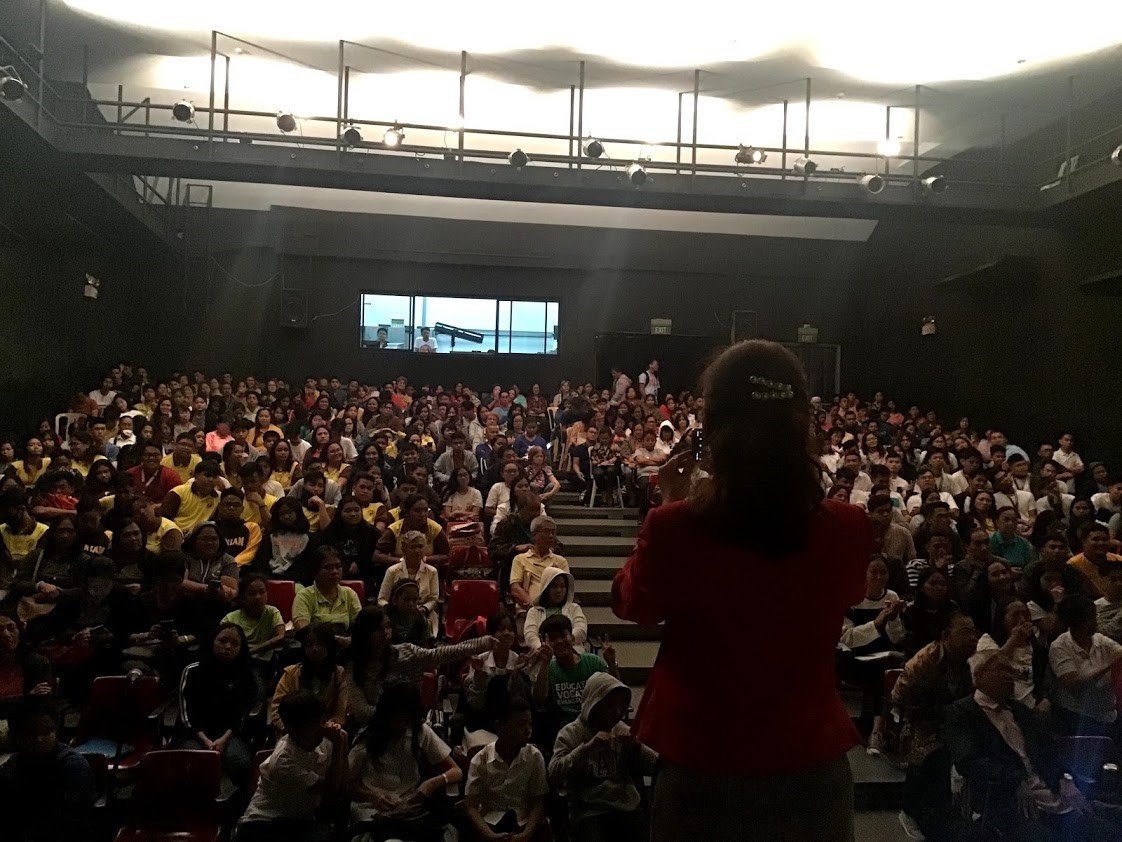Knowing your longevity is an existential question, but it certainly matters for practical reasons.
The new report by GFLEC and TIAA Institute shows that longevity literacy is an important topic in retirement planning, particularly for women as they tend to live longer than men and therefore spend more time in widowhood.
The study further reveals that women have longevity knowledge but low financial literacy. Another study [by Lusardi et al] shows that women tend not to plan.
Given the uncertainty and complexity of the economy, pension systems, public health, and financial markets, longevity can be considered a risk.
The report says that it is important to know how long you will possibly live so you can save enough money to last as long as you live.
The authors of the report suggested designing a holistic approach to retirement planning which includes health and social fitness to achieve a healthy retirement lifestyle. This exactly makes sense because money, relationships and health are cyclical.
Although money can’t buy everything studies showed that financial distress correlates with struggling relationships, poor health and lower work productivity.
Another report supports this study. The greater one’s income, the lower one’s likelihood of disease and premature death. [National Center for Health Statistics. 2012.]

How do you make your retirement money last?
Generally, you may consider building a portfolio as much as possible on the day you receive your first paycheck that includes social security, a guaranteed lifetime income, life and health insurance and investments in assets and businesses that generate passive income.
In the Philippine context, for generations, retirement is a whole family affair arising from unique family culture and systemic challenges in the pension and retirement system including a lack of financial education to prepare for later years.
Families make do by coming together. Adult children step into the lifetime care of their parents supporting them not just emotionally and socially but more so financially. This reflects the study that most Filipinos are not ready for retirement and have to rely upon shaky and measly social security.
As commonly observed, it is predominant for working Filipinos and many young people to start their adult life by taking charge of the retirement needs of their parents.
This unique retirement situation in the Philippines has critical implications in the financial planning consideration of each family member and the entire family including the financial literacy advocacy, campaign and strategy in the Philippines.
This situation is on the back of proposed reforms in the retirement and pension system in the Philippines where the employees and self-employed are put in a position to own their retirement plan and take full responsibility for the management and investment decisions before and after retirement.
These reforms drive a more robust financial education programme to build knowledge and skills to empower the citizens to decide the trajectory of their lives and advocate for themselves and others.
The government, employers, and the education sector play a huge role in this advocacy and commit to making financial literacy accessible to everyone.

EMPLOYERS
Employers can leverage the power of community that already exists within the workplace to reach a diverse demographic segment, such as women and adults who missed financial literacy in schools to be a conduit for large-scale behavioural change and social transformation to happen.
The call to action for employers is to make financial literacy accessible, visible and available to all employees anytime not just a one-off event every year but an integral part of employee care from onboarding through to retirement supporting employees in continuous learning and development and in navigating different life events.
Companies may consider that all new hires must have a financial plan and no one should retire without it.
SCHOOLS
How do we get schools to teach financial literacy and inculcate retirement readiness from an early age?
If schools can create room for other subjects and extra-curricular activities, it is possible to integrate financial literacy into the curriculum as a required course for students to equip them with life skills and knowledge to thrive in an increasingly complex environment.
Schools can partner with an organisation that offers unbiased financial literacy courses.
There are tons of research that show that the age of a person has a direct correlation to behavioural change as young people are in the process of developing emotional, social and financial behaviours. Studies further show that learning is easier for younger people and adults who received financial education at a young age. They become more capable of managing their financial resources than those who did not.
It is important for young people to access financial education in schools because parents or guardians are not always able (e.g., due to a lack of knowledge, skills, time, or motivation) to teach their children about financial matters and not all workplaces offer financial education.
Schools have opportunities to own the vision of making lifetime financial security happen in this generation.
GOVERNMENT
It is the right of every citizen to access financial literacy and to feel financially secure, particularly in their senior years. Policies and legislation should put these rights into consideration to expand and safeguard the social security and pension fund promoting its sustainability, adequacy and integrity and ensuring that every citizen should have equal access to it. [Mercer global study reveals the Philippines rank low in the index values specifically in integrity sub-index]. Government can lead the advocacy to make lifetime income security a reality in this generation.
INDIVIDUALS
With the proposed reforms in the pension and retirement system [from defined benefit to defined contribution], individuals are put in a position to own their retirement plan. They will make investment decisions about where to put their funds [e.g. unit investment trust funds, mutual funds, annuity contracts, insurance, stocks, bonds, and other securities listed in a local exchange] and
bear financial risks.
Individuals may consider taking a proactive approach to lifetime financial literacy and commit to lifelong learning.
Disclaimer
This article was prepared for information and discussion only. It should not be used for any context or purpose.
References
Financial Literacy, Longevity Literacy, and Retirement Readiness, TIAA, GFLEC, 2022
TIAA Insitute-GFLEC Personal Finance Index, 2022
Mercer CFA Insitute Global Pension Index Study, 2022
















































